Dr. Elliott Skierszkan
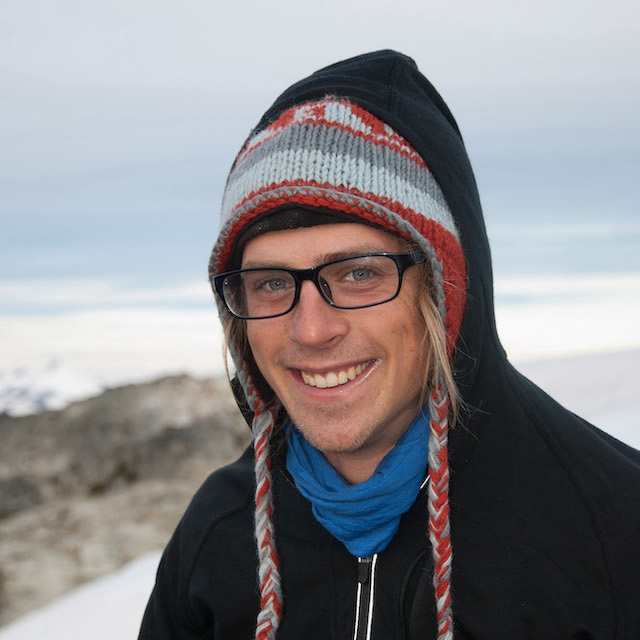
Banting Postdoctoral Fellow, University of Saskatchewan
Ph.D., University of British Columbia (Geological Sciences)
B.Sc., University of Ottawa (Environmental Science)
Dr. Elliott Skierszkan helps water researchers better understand natural and human-derived sources of water contamination with the goal of improving water quality. Specifically, Skierszkan's work combines techniques in aqueous geochemistry, mineralogy, and isotope geochemistry to better understand how potentially hazardous trace metals dissolve into water.
Before joining the University of Saskatchewan, Elliott worked with Lorax Environmental Services Ltd., the University of British Columbia and the Government of Yukon researching natural sources of uranium and arsenic in the Dawson Range, west-central Yukon. Elliott completed his PhD in Geological Sciences at the University of British Columbia, where Elliott developed new metal isotope techniques to understand release of trace metals in mine wastewater.
Dr. Matthew Lindsay
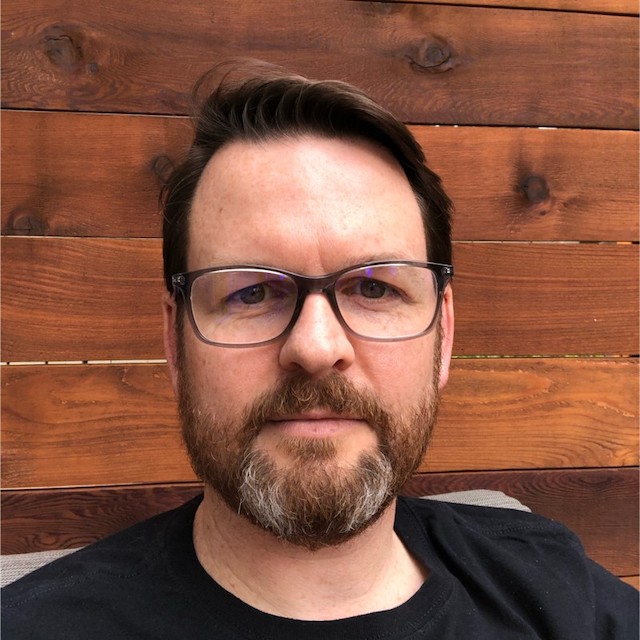
Associate Professor, University of Saskatchewan
Ph.D., University of Waterloo (Earth Sciences)
B.Sc., University of Guelph (Environmental Sciences)
Dr. Matthew Lindsay is an Associate Professor in the Department of Geological Sciences at the University of Saskatchewan and the NSERC Industrial Research Chair in Mine Closure Geochemistry. Lindsay and his research team examine how coupled biogeochemical and geohydrological processes influence the chemical composition of terrestrial waters. Their research focuses on mass-transfer reactions at environmental interfaces in dynamic systems, where complex process interactions often produce non-intuitive outcomes.
Dr. Sean Carey

Professor, McMaster University
Ph.D., Hydrological Sciences, McMaster University
M.Sc., Physical Geography, McMaster University (Geography)
B.Sc., Soil Physics, University of Guelph (Land Resource Sciences)
Dr. Sean Carey is a Professor of Hydrology in the School of Earth, Environment and Society at McMaster University where Sean directs the Watershed Hydrology Group. For the past 20 years, Sean has been leading research programs to understand fundamental hydrological issues related to important Canadian environmental problems. Currently, Sean divides his research focus between examining how environmental change influences cold, mountainous systems in Yukon Territory and working with large resource companies to improve reclamation practice and mine water management.
Dr. Grant Ferguson
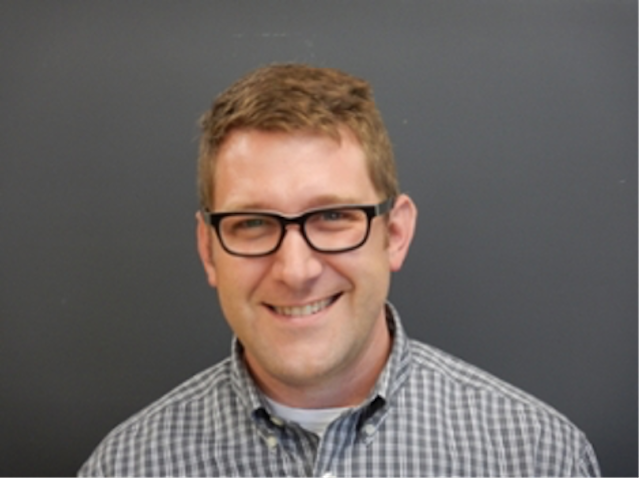
Professor, University of Saskatchewan
B.Sc., University of WaterlooPh.D., University of Manitoba
Dr. Grant Ferguson is a Professor at University of Saskatchewan in the Department of Civil, Geological and Environmental Engineering and the School of Environment and Sustainability, where Grant holds a Centennial Enhancement Chair. Ferguson is a member of the Global Institute for Water Security and an adjunct faculty member at the University of Arizona. Grant studies deep and regional groundwater flow systems, the relationship between groundwater and the energy industry and sustainability of groundwater development.
Anna Grunsky
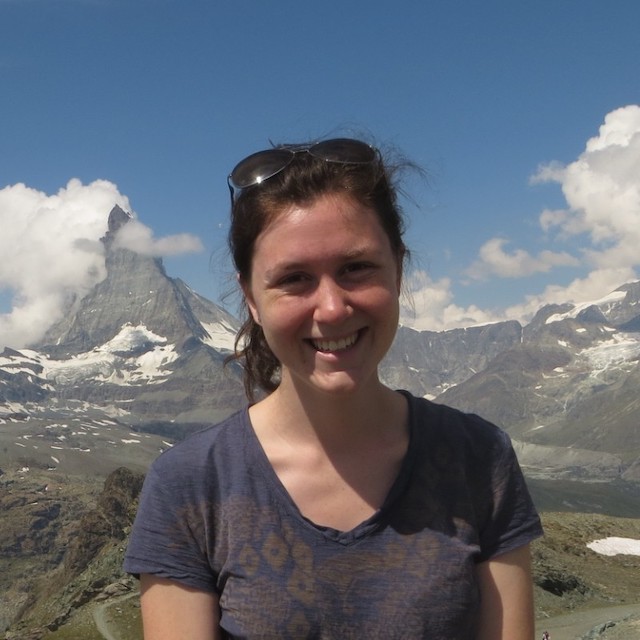
GWF Summer Student
B.Sc., University of Victoria (Earth Sciences & Biology)
Anna Grunsky recently completed an undergraduate degree in Earth Sciences and Biology at the University of Victoria. Grunsky's role in the project will include sampling at field sites and compiling hydrogeological, permafrost, and geologic data in the Yukon. Anna is currently a summer student with Global Water Futures (GWF) and will start as a Master's student at McMaster University under the supervision of Dr. Sean Carey in September 2021.
Matthew Fellwock
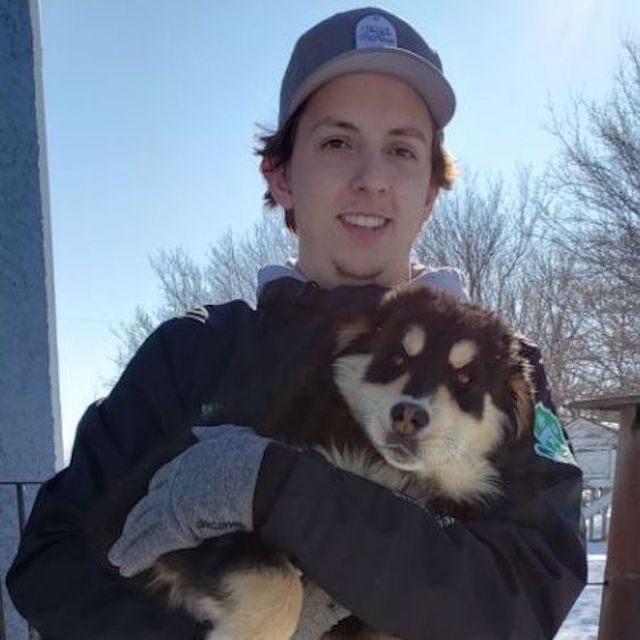
MSc Student, University of Saskatchewan
HB.Sc., University of Saskatchewan (Environmental Geoscience)
Matt Fellwock will start as a Masters student at the University of Saskatchewan in the Department of Geology under Dr. Matthew Lindsay in September 2021. Originally from Moose Jaw, Saskatchewan, Fellwock just finished a Bachelor’s degree in Environmental Geoscience (Honours) with a minor in Chemistry. After finishing this Master’s degree, Matt hopes to work in the mine reclamation and remediation field.